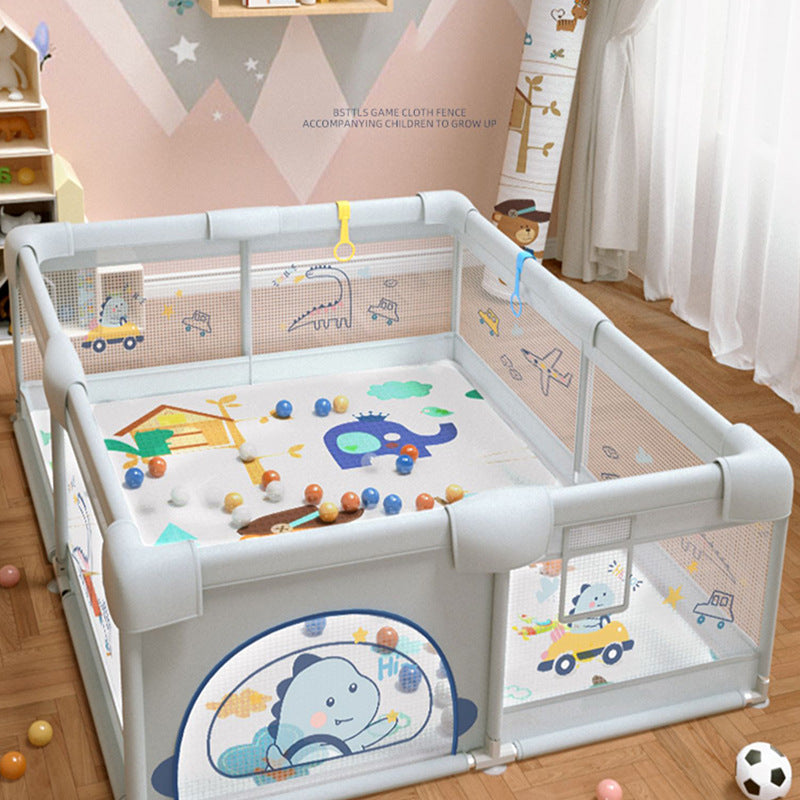All parents find it challenging to raise babies, even those who already have parenting experience. In fact, most of the problem is that babies cannot speak, making it impossible for us to understand what they are thinking and what they want to do. , especially when they start to cry, we don’t know how to comfort them at all.
It’s not surprising that children always cry for seemingly no reason, and some parents are sometimes driven to tears and feel helpless. Babies often communicate their needs in this way so that their parents can help meet those needs. What parents need to do is to be able to recognize their baby's "signature moves" and know what they need.
1. Contact with parenting laws
To do this, parents need to be very close to their baby. Maintaining close contact during infancy can not only comfort the child, but also enhance the relationship between parents and children. Comfort and comfort are very necessary for the child. Only in this way will the child realize that someone is taking care of her. In addition , another advantage of maintaining close contact with the baby is that it can make us alert and alert to any changes in the baby's body. For example, we can detect signs of disease, from a rumbling belly to colic, flatulence, arrhythmias, or detect abnormal heart sounds and congenital heart disease, to name a few.
2. What to do if the baby cries?
If your baby starts crying, they are trying to communicate what they need. It should not be misinterpreted as an attempt to coerce or manipulate, nor as being provoked. Check your baby to see if anything is wrong. The baby's crying may be caused by a soiled diaper, teething, overheating or exposure to heat. Cold temperatures or physical ailments such as bloating and stomachaches.
Sometimes babies don't seem to stop crying, even when we give them hugs. At this time, check the baby's physical condition carefully. Do they have a fever? Do they have diarrhea?
3.Communication
It is important to communicate with your child at any time. Even if the child cannot speak, he can hear us and use some simple words to communicate with the child. This will not only help the child's intelligence and language development, but also Enhance the feelings between each other.
4. Let your baby explore the surrounding environment

Don't just let them move around in their crib or playpen. Get some security guards or safety barriers in dangerous areas of your home. Cover the floor with mats or rugs. Disperse their toys and encourage your baby to crawl to them. The process is more enjoyable and joins them as they enjoy playing and exploring. This will allow us to learn other gestures that your baby uses to express his or her own body language.

